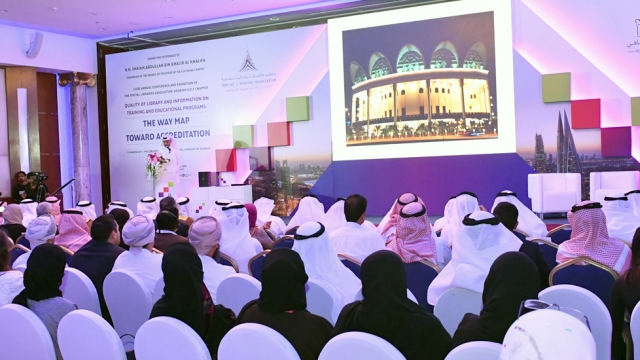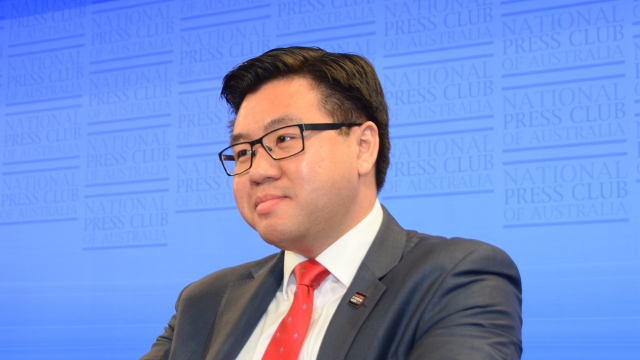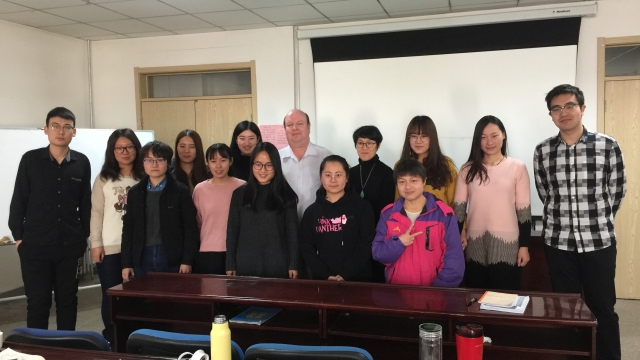
In the know: culture, addiction, pace, and trust
In the know is a regular roundup of knowledge management (KM) topics of discussion and the videos and podcasts that are grabbing the attention of KM experts across our community.
Suggested by Arthur Shelley:
Arthur recommends this 5 minute segment of a wider speech where Dr. Gabor Maté shares “insights on human nature and the implications modern society/culture has on our ability to ‘Achieve success’ (whatever that is)”. Touching on four categories of self-alienation, Arthur enjoyed the “sentiment of hope and how to connect and stay in touch with our true nature. Something that will help us to as we move forward, both individually and collaboratively through the challenging times of modern culture”.
Also from Dr Maté, Arthur recommends a longer video from TEDx Rio – The Power of Addiction and The Addiction of Power (“if you have only have 2 minutes, watch from the 17.00 mark to 18.45”).
Hat-tip to Matt Moore:
In 1999 the term “pace layers” made its debut in the book The Clock of Long Now by Stewart Brand. The six pace layer levels in descending order from the highest & fastest to the lowest & slowest are Fashion, Commerce, Infrastructure, Governance, Culture, and Nature. In an hour-long talk sponsored by the Long Now Foundation, Brand and Paul Saffo discuss the idea and unexpected ramifications of pace layering in detail.
Matt Moore has suggested that KMers should consider analysing the different tempos and cadences of different business activities: “… at one end you have the lifecycle of the entire company then down into the lifecycles of different markets and service offerings then into the lifecycles of customers & staff then into projects then down to a scrum standup. We’ve gone from decades to minutes … What are the different kinds of knowledge and information that change at those different speeds?”
Kim Glover suggested on KM4Dev:
Franklin Covey’s writings on trust describe a high-trust environment as having these characteristics:
- Information is shared openly
- Mistakes are tolerated and encouraged as a way of learning
- The culture is innovative and creative
- People are loyal to those who are absent
- People talk straight and confront real issues
- There is real communication and real collaboration
- People share credit abundantly and openly celebrate each others’ success
- There are few “meetings after the meetings”
- Transparency is a practiced value
- People are candid and authentic
- There is a high degree of accountability
- There is palpable vitality and energy–people can feel the positive momentum
Covey has a nice 4 minute video that talks about the consequences of low trust and the 13 behaviours of high trust teams. As Kim notes, “Trust is a critical success factor for collaboration – trust in the process, trust in the platforms or mechanisms for sharing, trust that someone out there will care about what I have to share, trust that if I’m wrong, it won’t ruin my career but start an important dialogue, trust that knowledge-sharing is a valued activity within the organization … a big part of our jobs [as KMers] is focusing on creating trust between people, trust across the culture and trust in the value and effectiveness of collaboration and knowledge-sharing.”
What are you watching or listening to that gives you a KM buzz? Leave your suggestions in the comments.
Also published on Medium.






